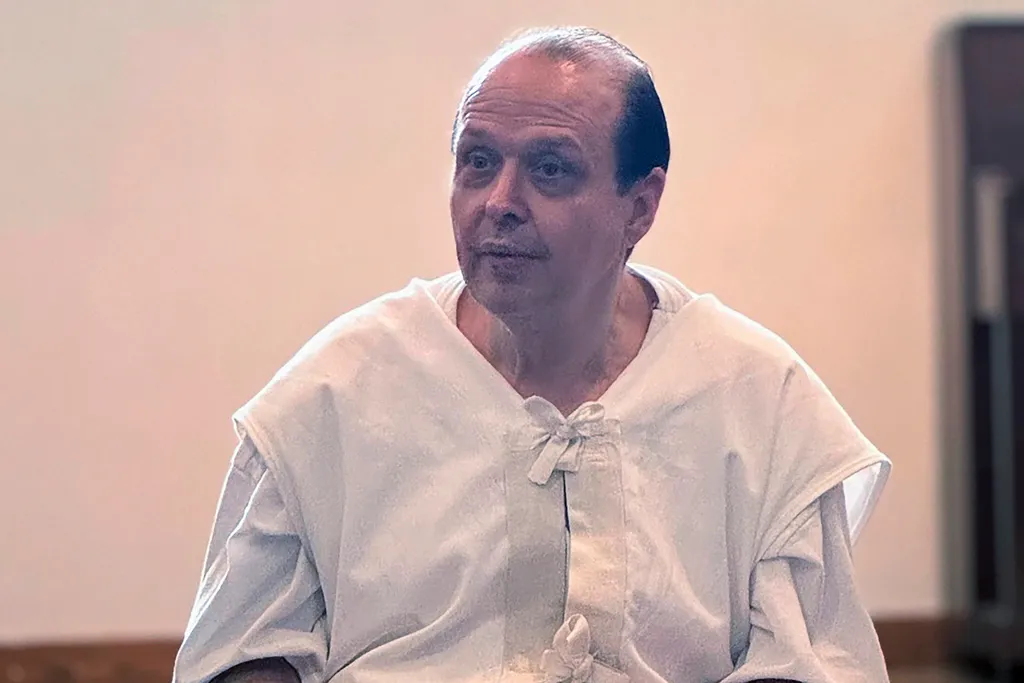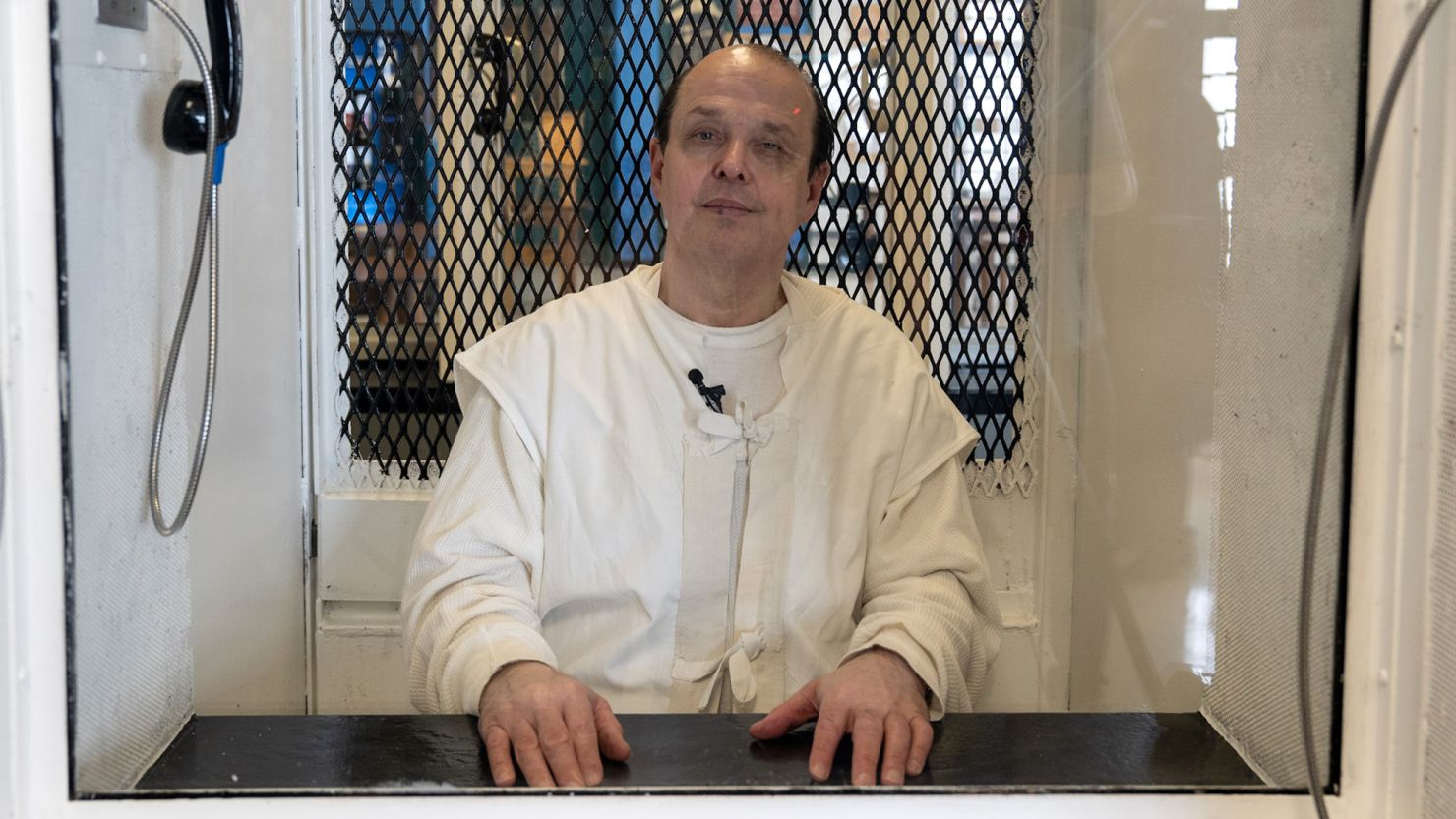Robert Roberson, a 57-year-old man from Texas, received a temporary reprieve from execution just hours before he was set to die. Roberson is notable for being the first person in the U.S. to be sentenced to death for murder related to “shaken baby syndrome.”
In 2003, he was convicted for the death of his two-year-old daughter, Nikki Curtis. While an autopsy concluded that her death was due to injuries consistent with abuse, Roberson and his supporters argue that she actually died from complications of pneumonia.
The last-minute stay of execution was issued by a Travis County judge through a temporary restraining order that allows Roberson to testify in a legislative hearing scheduled for the following week.
This decision followed a rare subpoena from a Texas House panel, which sought to compel Roberson’s appearance. In response, the Texas attorney general has filed an appeal against the restraining order, indicating the ongoing legal complexities of the case.
Support for Roberson has gained traction among a bipartisan coalition of 86 Texas lawmakers, medical experts, and notable advocates, including author John Grisham.

Texas Man Granted Last-Minute Stay of Execution Amid Controversy Over ‘Shaken Baby Syndrome’ Conviction
They argue that Roberson’s conviction relied on outdated scientific understandings of “shaken baby syndrome,” a diagnosis that has faced increased scrutiny over time. Grisham expressed concern over the ethical implications of potentially executing an innocent man, emphasizing that no crime occurred in Roberson’s situation.
Complicating matters further, Roberson’s defense has highlighted that his undiagnosed autism was misinterpreted during the trial. Investigators found his emotional response troubling, which may have influenced perceptions of his guilt.
Despite these arguments for reconsideration, Roberson’s clemency petition was denied by the Texas Board of Pardons and Paroles, leaving the ultimate decision up to Governor Greg Abbott.
Roberson has consistently maintained his innocence, stating that Nikki fell out of bed and subsequently stopped breathing, prompting him to seek emergency medical assistance. Medical professionals initially suspected abuse based on their findings, leading to Roberson’s arrest.
However, his legal team has proposed alternative explanations for the child’s injuries, including severe side effects from the medications Nikki was prescribed. As the dialogue around “shaken baby syndrome” continues to evolve, there is a growing call for careful examinations of alternative causes for such injuries, highlighting the need for critical reassessment of similar cases.











































